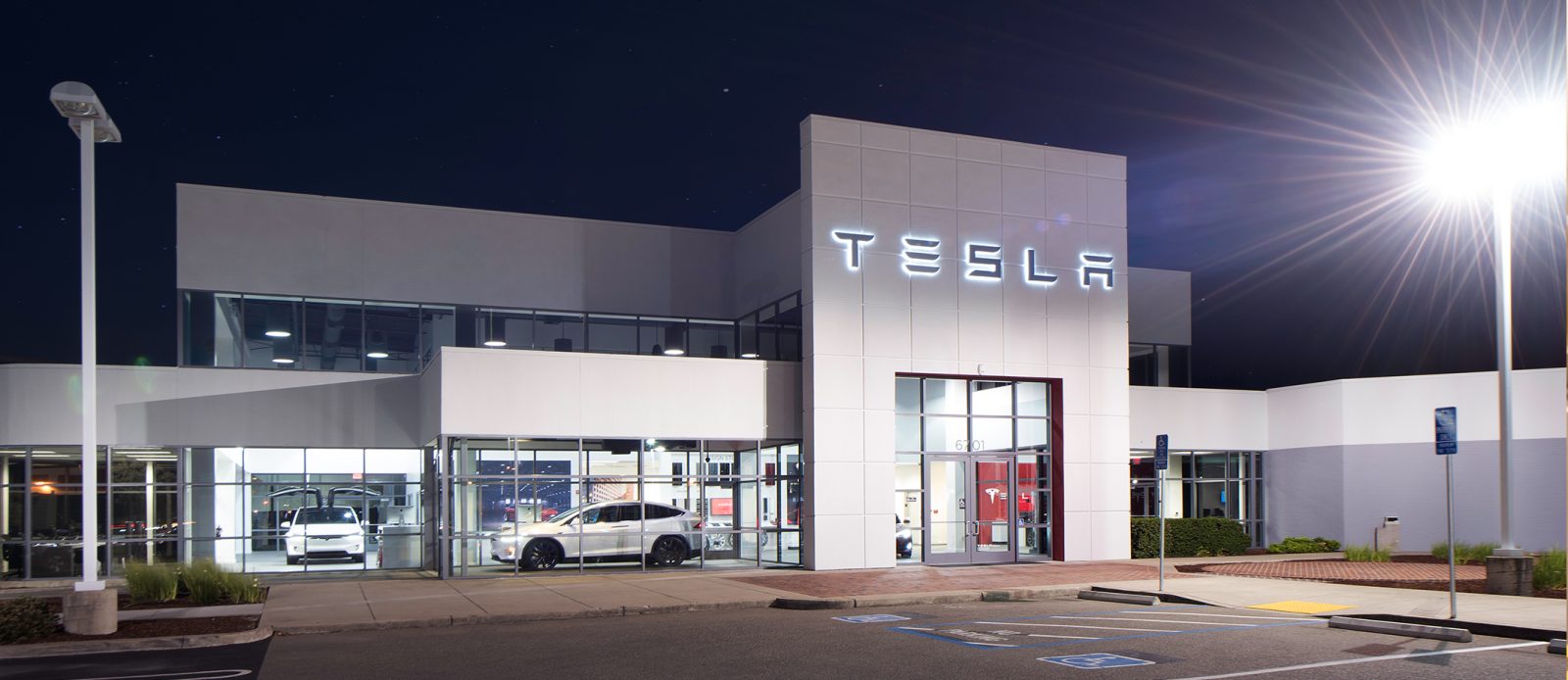
Tesla has always faced opposition from franchise car dealers when it tried to legitimize its direct-sale business model in states that don’t allow it, either through the legislative process or through the court.
But every now and again, it even faces opposition from other automakers and the motivation behind that is more difficult to justify.
Now automakers are showing up again in opposition to Tesla being allowed to sell its vehicles as it tries to push a new bill in North Carolina.
Last year, Tesla was denied a new dealer license by North Carolina’s DMV when local car dealerships evoked the state’s ban on car sales by manufacturers.
The company is now pushing a new bill to remove the ban when it comes to electric cars and automakers that don’t have third-party franchise dealerships, like Tesla.
Diarmuid O’Connell, Tesla’s Vice President of Business Development, said that Tesla plans to invest $50 million and create hundreds of jobs in North Carolina by opening stores and services centers if the bill passes (via News Observer).
Dealers are, surprisingly, not opposing the bill in an attempt to protect their monopoly on car sales, but other automakers are now voicing their opposition.
Lobbyists for Honda and the Alliance of Automobile Manufacturers, which represents GM, Ford, BMW and more automakers, quickly activated when the bill was brought before the Senate this week. They claimed that it’s a preferential treatment for Tesla.
Henry Jones of the Alliance of Automobile Manufacturers commented on the introduction of the bill:
“My clients also sell electric vehicles. We should not be picking winners and losers here.”
Of course, it’s not really about their electric vehicles but the fact that unlike Jones’ clients, Tesla never had any franchise dealerships and therefore, it doesn’t compete against its own network.
The few states that still prohibit sales of vehicles from automakers do it to protect franchise dealerships from unfair competition from their own automaker. For example, if GM was to open a company-owned store next to a franchise GM dealership.
But Tesla never had any franchise dealership and therefore, the company doesn’t think that it is unfair for them to be able to operate their own stores. Yet, dealerships and now automakers have used those laws to attempt to stop Tesla from opening its own stores.
Last year, Tesla General Counsel Todd Maron argued before the FTC that the automaker wouldn’t thrive under a dealership model because independent dealers make most of their profit from servicing cars while electric cars have little long-term maintenance and fewer moving parts. Tesla claims that it doesn’t even try to make money from servicing its fleet.
It’s not the first time that other automakers, especially GM, backed effort to stop Tesla from selling its cars directly to customers. It led similar oppositions in Connecticut and Indiana last year.
In North Carolina, the Senate should vote on the bill in the coming days.
FTC: We use income earning auto affiliate links. More.





Comments